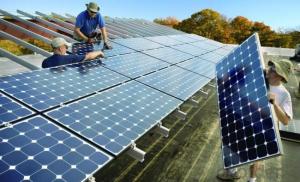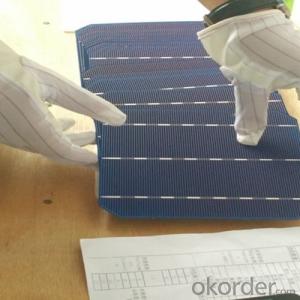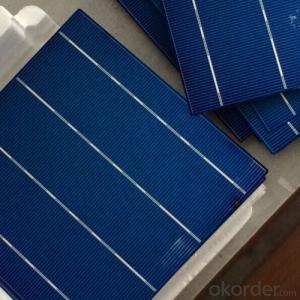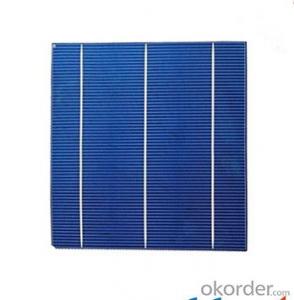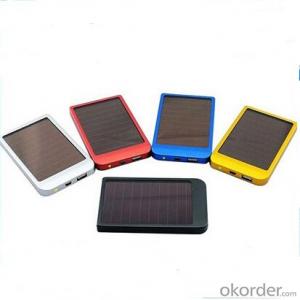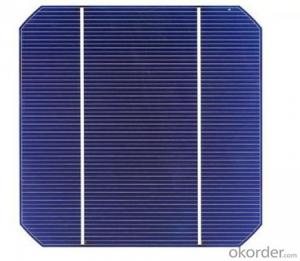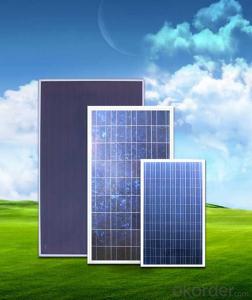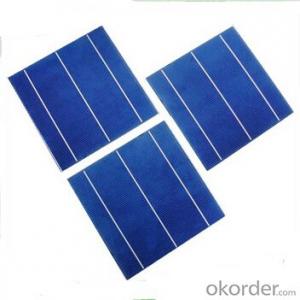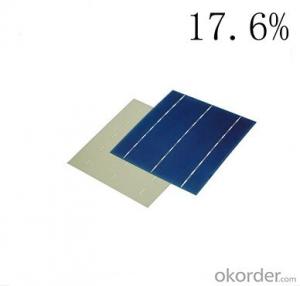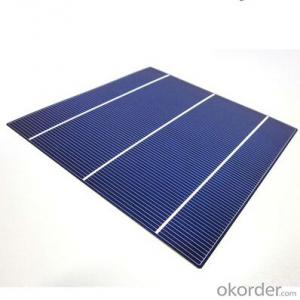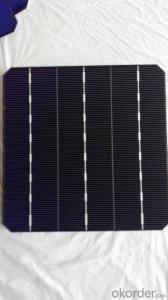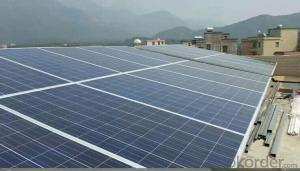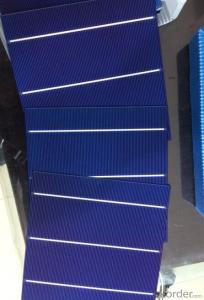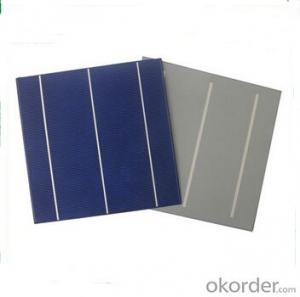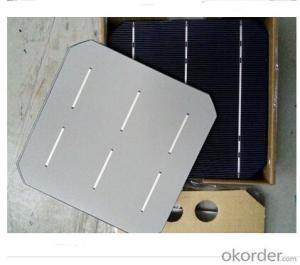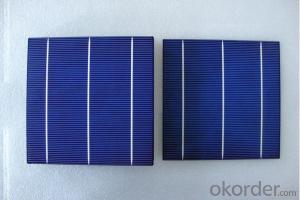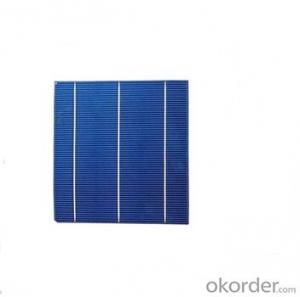All Categories
- - Steel Wire Rod
- - Steel Coils
- - Steel Profiles
- - Steel Pipes
- - Stainless Steel
- - Tinplate
- - Special Steel
- - Steel Sheets
- - Steel Rebars
- - Steel Strips
- - Hot Rolled Steel
- - Cold Rolled Steel
- - Pre-painted Steel
- - Seamless Steel Pipe
- - Welded Steel Pipe
- - Hollow Steel Tubes
- - Galvanized Pipe
- - Stainless Steel Coil
- - Stainless Steel Sheet
- - Stainless Steel Plate
- - Stainless Steel Strips
- - Electrolytic Tinplate Coil
- - Electrolytic Tinplate Sheet
- - Stainless Steel Rebars
- - Solar Panels
- - Solar Water Heater
- - Solar Related Products
- - Solar Inverter
- - Solar Cells
- - Solar Light
- - Solar Energy Systems
- - Solar Controllers
- - Solar Mounting System
- - Solar Pump
- - Solar Chargers
- - Fiberglass Chopped Strand
- - Fiberglass Mesh Cloth
- - Composite Pipes
- - FRP Pultrusion Profiles
- - Fiberglass Mat Tissue
- - Fiberglass Fabrics
- - Fiberglass Mesh
- - Composite Tank
- - Fiberglass Mesh tape
- - Polymer
- - FRP Roofing Panel
- - Fiberglass Roving
- - Monolithic Refractories
- - Ceramic Fiber Products
- - Refractory Bricks
- - Raw Materials For Refractory
- - Suspended Platform
- - Cranes
- - Concrete Machinery
- - Earthmoving Machinery
- - Building Hoist
- - Road Building Machinery
- - Plastic Pipe Fittings
- - Plastic Tubes
- - Plastic Sheets
- - Agricultural Plastic Products
- - Plastic Nets
 All Categories
All Categories
Q & A
How do solar cells perform in high-temperature regions?
Solar cells generally perform less efficiently in high-temperature regions due to the negative impact of heat on their performance. Increased temperatures can cause solar cells to have reduced energy conversion efficiency and generate less electricity. The heat can cause an increase in electron-hole recombination rates, leading to a decrease in the overall output of the solar cells. Additionally, higher temperatures can lead to thermal stress and degradation of the materials used in solar cells, shortening their lifespan. Therefore, it is important to consider temperature management and cooling mechanisms when deploying solar cells in high-temperature regions to optimize their performance and longevity.
How much space is required to install solar cells?
The amount of space required to install solar cells depends on various factors such as the size and type of solar panels, the efficiency of the cells, and the energy requirements. Generally, for a residential installation, it is recommended to have an unshaded area on the roof or an open space of about 100-400 square feet per kilowatt of solar panels. However, it is best to consult with a solar installation professional to determine the specific space requirements based on individual circumstances.
How do solar cells affect the environment?
Solar cells have a positive impact on the environment as they produce clean and renewable energy, reducing the reliance on fossil fuels. They do not emit greenhouse gases or air pollutants during operation, thus minimizing air pollution and mitigating climate change. Additionally, the production and installation of solar cells have become more sustainable over time, with advancements in technology and recycling programs reducing their overall environmental footprint.
Can solar cells be used in disaster-prone areas?
Yes, solar cells can be used in disaster-prone areas. In fact, they are often a practical and reliable solution in such areas as they provide a decentralized and independent source of electricity. Solar cells can operate during power outages caused by natural disasters, ensuring continuous access to electricity for critical needs such as lighting, communication, medical equipment, and water purification. Additionally, solar cells are low-maintenance and can be easily installed, making them suitable for disaster-prone areas where infrastructure may be damaged or unreliable.
Wholesale Solar Cells from supplier in Uzbekistan
Our team of experts can assist you in selecting the right Solar Cells products for your specific needs and provide you with competitive pricing. We understand the local market in Uzbekistan and can offer valuable insights and advice to help you make informed decisions.
Furthermore, our technical support services ensure that you have access to the necessary guidance and assistance throughout the installation and maintenance processes. We are dedicated to ensuring the success of your solar projects and will work closely with you to address any challenges or concerns that may arise.
As a subsidiary platform of CNBM, a Fortune Global 500 company, we have the backing and resources of a renowned and reputable organization. This allows us to offer comprehensive procurement services, ensuring that you receive high-quality Solar Cells products that meet your specifications.
Partnering with us means that you can benefit from our extensive experience and knowledge of the Uzbekistan market. We have built strong relationships with suppliers and manufacturers, enabling us to source the best Solar Cells products at competitive prices.
Whether you are looking to install solar panels for residential, commercial, or industrial purposes, we are here to support you every step of the way. Contact us today to learn more about our Solar Cells procurement services in Uzbekistan and how we can assist you in achieving your renewable energy goals.
Furthermore, our technical support services ensure that you have access to the necessary guidance and assistance throughout the installation and maintenance processes. We are dedicated to ensuring the success of your solar projects and will work closely with you to address any challenges or concerns that may arise.
As a subsidiary platform of CNBM, a Fortune Global 500 company, we have the backing and resources of a renowned and reputable organization. This allows us to offer comprehensive procurement services, ensuring that you receive high-quality Solar Cells products that meet your specifications.
Partnering with us means that you can benefit from our extensive experience and knowledge of the Uzbekistan market. We have built strong relationships with suppliers and manufacturers, enabling us to source the best Solar Cells products at competitive prices.
Whether you are looking to install solar panels for residential, commercial, or industrial purposes, we are here to support you every step of the way. Contact us today to learn more about our Solar Cells procurement services in Uzbekistan and how we can assist you in achieving your renewable energy goals.
